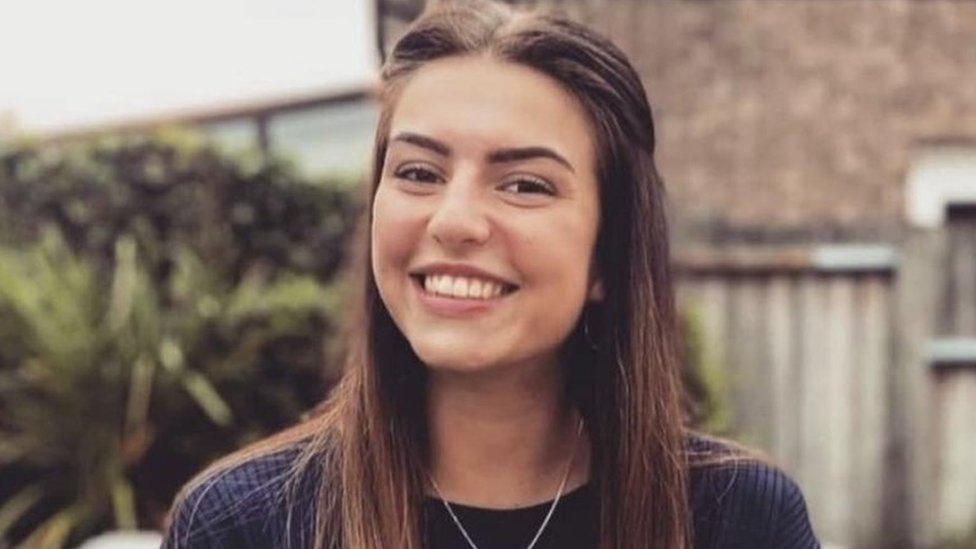Man's suicide could have been prevented - coroner
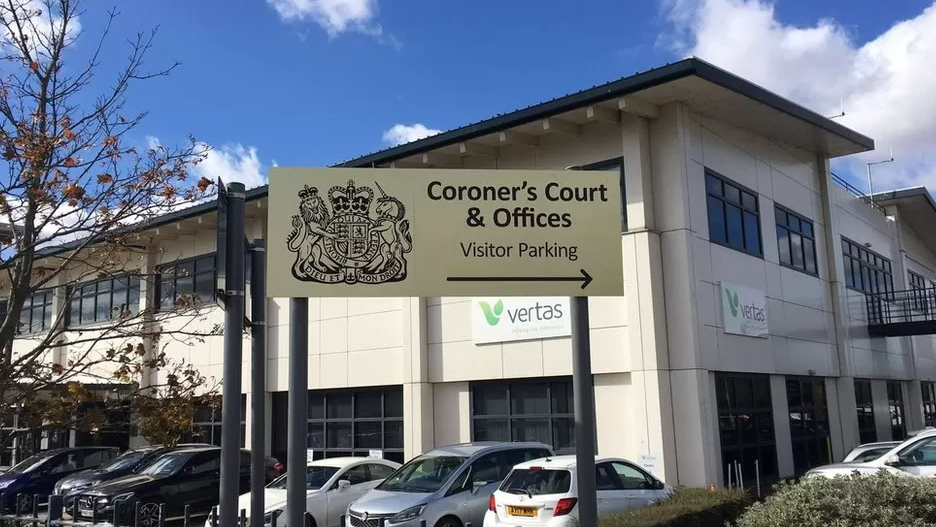
Suffolk's senior coroner raised concerns over the mental health emergency crisis system after Nigel Hammond took his own life
- Published
A man who took his own life might have been saved if mental health crisis referrals were improved, a coroner said.
Nigel Hammond died in Addenbrooke's Hospital, Cambridge, on 14 March, three days after falling at his Suffolk home.
In a Prevention of Future Deaths Report, external, senior coroner for Suffolk Nigel Parsley said a mental health support team could have got him help sooner, had they not needed to go through a GP first.
A Department of Health and Social Care spokesperson said the Labour government would "ensure we give mental health the same attention as physical health" while the Norfolk and Suffolk NHS Foundation Trust added it had "strengthened" its communications.
'Very traumatic'
In his report, following an inquest this week, Mr Parsley said Mr Hammond had become "seriously mentally unwell" in 2018 and was admitted to a mental health unit for three months.
He had found the admission very traumatic and was "terrified" of the thought of being admitted again.
Instead he continued to receive "exemplary" mental health care at home.
On 8 March 2024, his mental health declined again and he was taken to his GP.
The following day he tried to end his own life but was prevented by family intervention, the report said.
His family immediately contacted Norfolk and Suffolk Foundation Trust's first response team who informed them Mr Hammond had a GP appointment on the Monday and he should attend this.
They were informed that if needed over the weekend prior to the appointment, they would be able to ask for a Mental Health Act assessment via an on-duty authorised mental health professional (AMHP) from the Suffolk County Council-managed emergency duty service team.
From this, and if deemed necessary, it could allow for Mr Hammond to be admitted to hospital.
The family did contact the AMHP team but they did not request an assessment and in the report it stated they believed home treatment would provide better care for him.
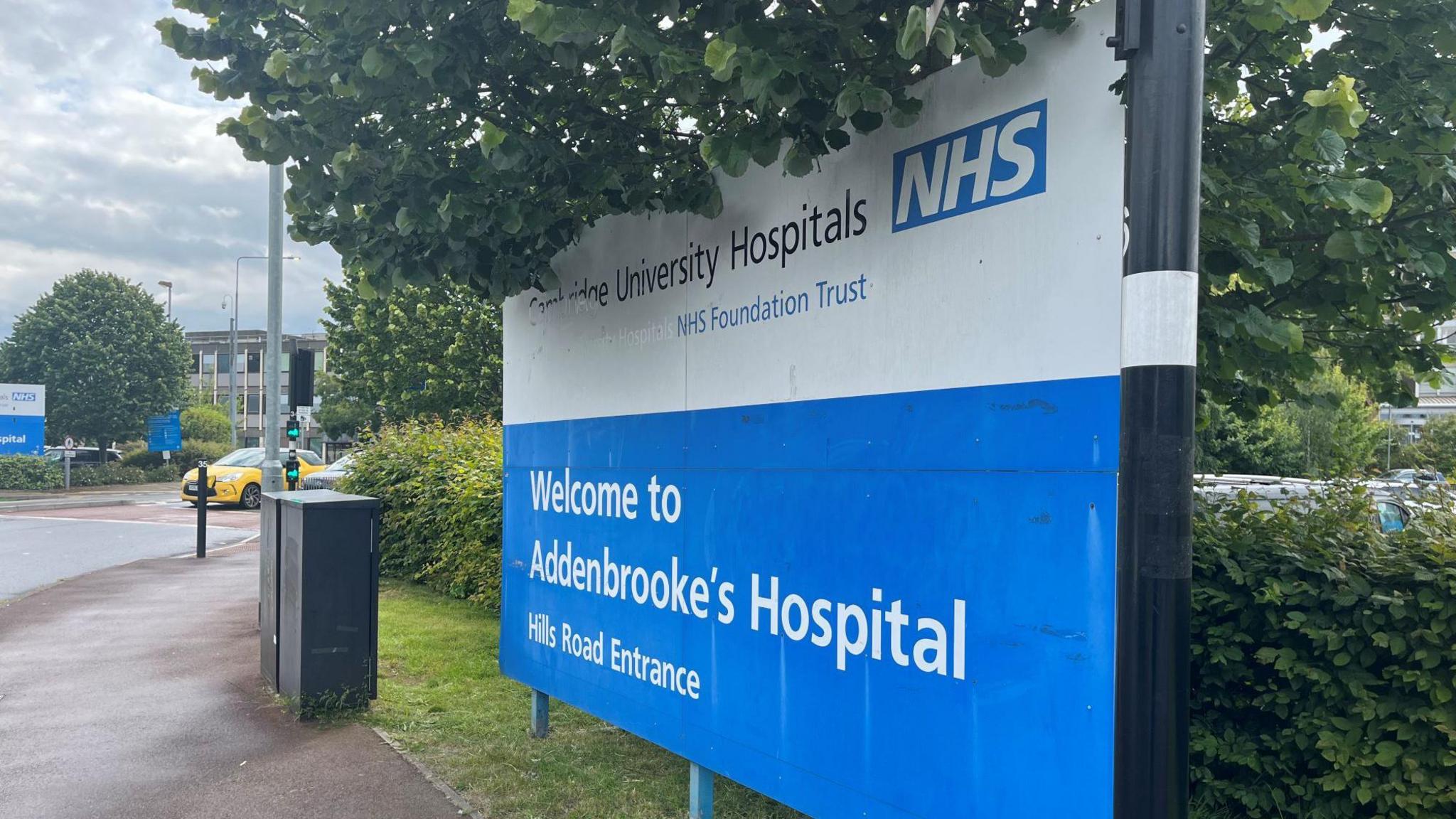
Nigel Hammond was taken to Addenbrooke's Hospital after his fall at home
The coroner's report noted the AMHP believed Mr Hammond to be mentally very unwell and in need of immediate support.
The inquest heard such support would be available within a four-hour target time, from the emergency crisis resolution and home treatment team.
But Mr Parsley said the AMHP was unable to make direct referrals to this team as this was normally done via a GP or primary mental health nurse.
However, neither would have been available before 08:00 GMT on 11 March, just over an hour-and-a-half after Mr Hammond took his own life.
Mr Parsley said he was "concerned" the AMHP had not been able to directly refer Mr Hammond to the crisis team, which would have provided additional support, advice and potentially additional treatment, "in all likelihood preventing his death".
He has given the county council, mental health trust and the government until 4 December to respond to his report, outlining any actions they might take.
'Broken system'
A spokesperson for the Department of Health and Social Care said their "deepest sympathies" were with the family and friends of Mr Hammond.
"It is important that we learn the lessons from every prevention of future deaths report, and we will consider the report carefully before responding in due course," they continued.
"We inherited a broken system where people with mental health issues are not getting the support or care they deserve.
"This government will ensure we give mental health the same attention as physical health and shift the focus of the NHS out of hospitals and into the community."
Anthony Deery, chief nurse at the Norfolk and Suffolk NHS Foundation Trust, said the trust's investigation had "highlighted that our standard operating procedures for crisis care could be improved".
"As they did not state clearly enough that the authorised mental health professional was able to refer directly to the crisis team rather than wait for a GP appointment the next day," he said.
“We have reviewed these procedures and are strengthening the way we communicate with partners so that they are aware of how and when to refer so that we can make sure every patient – and particularly those in crisis – can access the right care to meet their needs as easily as possible."
If you have been affected by any of the issues raised in this story you can visit BBC Action Line.
Get in touch
Do you have a story suggestion for Suffolk?
Follow Suffolk news on BBC Sounds, Facebook, external, Instagram, external and X, external.
Stories like this
- Published2 August 2024
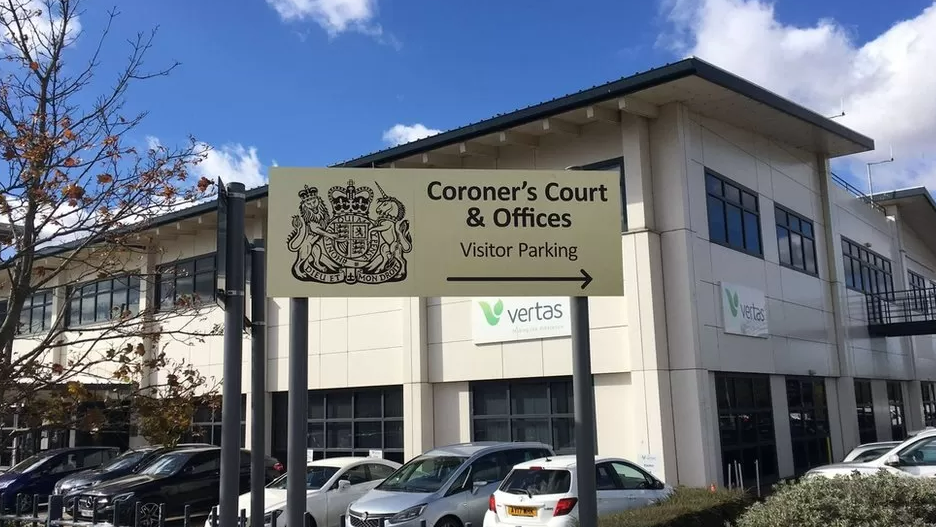
- Published5 February 2024
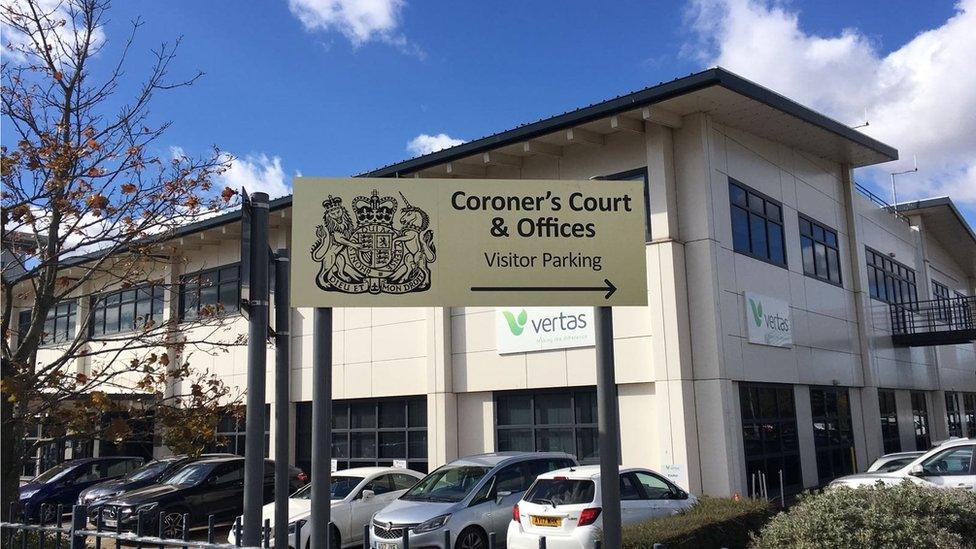
- Published27 January 2024
